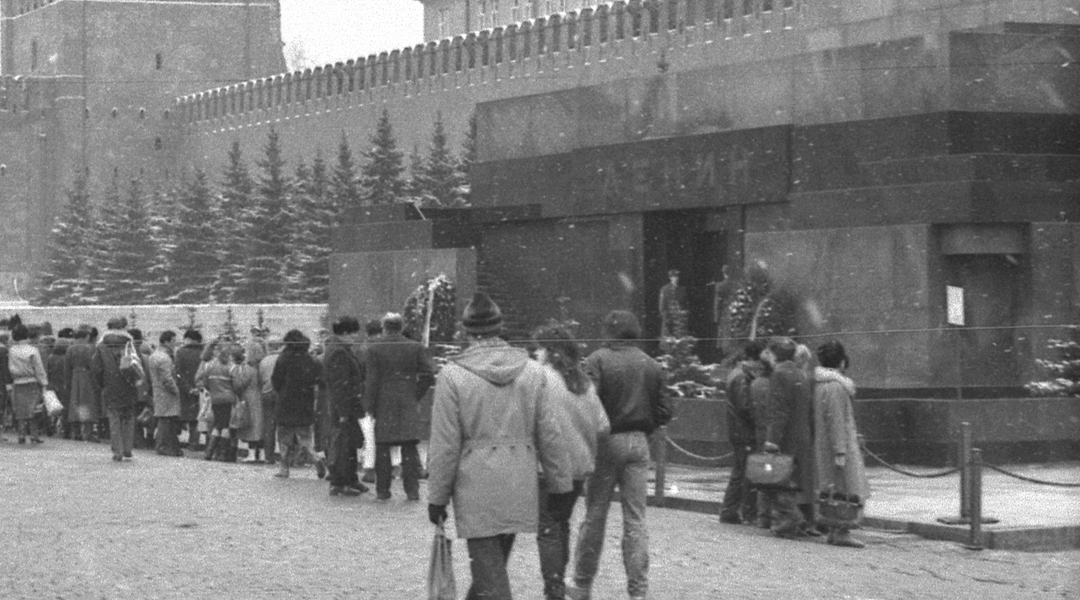Signs of Moscow’s leavening of its stand on Jewish culture will continue to be felt this Passover, as Soviet authorities are cooperating with a New York City Council member to ensure that kosher for Passover matzah will be available for the holiday.
Furthermore, Soviet authorities are also allowing the importing of kosher Passover wine, which will be sold at reasonable prices.
Konstantin Kharchev, the Soviet minister of religion, and Councilman Noach Dear, co-chairman of the Joint Committee for the Preservation of Jewish Heritage in the Soviet Union, officially launched matzah-baking activities Wednesday in Moscow, Leningrad, Minsk and Kiev.
Dear said he arranged with Kharchev’s consent to have Rabbi Yuri Kamishev and Rabbi Dovid Karpov of Moscow’s Marina Russia Synagogue supervise the baking jointly with Rabbi Adolf Shayevitch of Moscow’s main synagogue, thus ensuring that the baked matzah will be acceptable to all Jews in the Soviet Union.
Shayevitch is a state-appointed rabbi, while the Marina Russia rabbis are not overseen by the Ministry of Religion.
Dear said that the Soviet Union agreed to allow for kosher matzah “because they earnestly want to improve life in the Soviet Union. After a trip I sponsored a few months ago, they saw that there was no conflict being loyal to your religion and to your country.”
The matzah will be made from 160 tons of flour brought in by truck to the Soviet Union from Strasbourg, France, where it was milled under rabbinical supervision. The project costs about $200,000.
At a Soviet-initiated news conference at the Moscow bakery, Kharchev thanked the American people and American organizations for helping Soviet Jews. He said the matzah baked in the Soviet Union will be sold at a fair price.
JTA has documented Jewish history in real-time for over a century. Keep our journalism strong by joining us in supporting independent, award-winning reporting.
The Archive of the Jewish Telegraphic Agency includes articles published from 1923 to 2008. Archive stories reflect the journalistic standards and practices of the time they were published.




